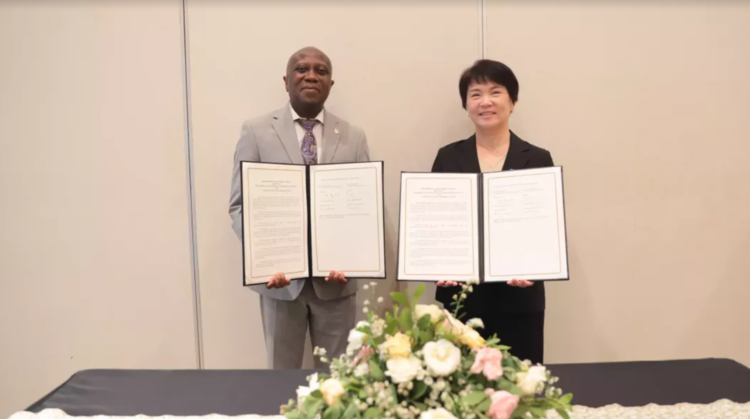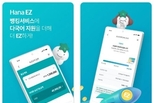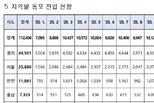
Newsnomics AJAY ANGELINA reporter |
KOICA- the Korea International Cooperation Agency has donated a groundbreaking amount of $39 million to UNICEF in regard to fuel the climate-smart social services in the East Asia-Pacific, Eastern and Southern Africa regions.
UNICEF-KOICA Climate Partnership Memorandum of Understanding Agreement was signed in Bali, Indonesia, on the sidelines of the 2024 World Water Forum, on May 21, 2024.
The purpose of three-year initiative between two organizations aims to secure child-critical social services as well as empower children as climate change advocates.
UNICEF-KOICA cooperation will specifically enhance climate-related social services in countries including Papua New Guinea, Solomon Islands and Timor-Leste, as well as in African countries like Comoros and Zimbabwe has been selected on behalf of KOICA’s focus on aiding fragile and conflict-affected areas, aligning with the Korean government’s strategy to address the interconnected challenges of humanitarian aid, development and peace building efforts.
Catherine Russell, the executive director of UNICEF expressed her gratitude to the South Korean government for its significant contribution counted its first and the largest climate change donation to UNICEF.
"KOICA’s climate funding will enhance community resilience and ensure access to essential services such as health care, education, water and food, amid climate related disasters," said Catherine Russell.
Sohn Jung-mee, the vice president of KOICA stressed on South Korean government’s dedication to global sustainability and proactive climate action under the nation's vision of becoming a global pivotal state.
"KOICA’s climate grant will be helpful to strengthen the resilience of essential service systems, safeguarding children and communities in some of the world’s most disaster-prone and vulnerable areas," said Sohn Jung-mee.
“This cooperative partnership between UNICEF & KOICA is a major step in the right direction," said George Laryea-Adjei, the director of Program Group Leadership Team, UNICEF.
"The world is at a crossroad but we can strengthen our commitment and mobilize our collective will to create a healthy, sustainable world fit for children” he added.
$39 million funding from the Korean government is the largest single grant ever received by the climate sector with $29 million devoted to the East Asia and Pacific region and $10 million to the Eastern and Southern Africa region.
The Government of the Republic of Korea, under its vision of a Global Pivotal State, is committed to leading all nations on a sustainable path to tackling the climate and environmental crisis.
UNICEF, by receiving groundbreaking donation from the Republic of Korea, is planning to reach over 120,000 children with climate-smart social services and infrastructures across five countries during the project implementation until 2026.
The smart social activities presented by the UNICEF include:
(1) Strengthening water resource management in homes, schools, and health-care facilities;
(2) integrating climate change in teaching and learning, especially equipping adolescents with green skills allowing them to participate in the growing green economy;
(3) Enhancing ongoing nutrition surveillance mechanisms within high-risk climate areas and expanding access to nutrition services;
(4) Improving the climate responsiveness of social protection systems to better adapt to the rapidly changing natures of climate shocks;
(5) Adapting child protection systems and workforce so that they can respond to children’s protection needs before, during, and after climate-related shocks and hazards;
(6) Implementing measures that help better prepare for climate-related disasters by adopting early warning systems.










